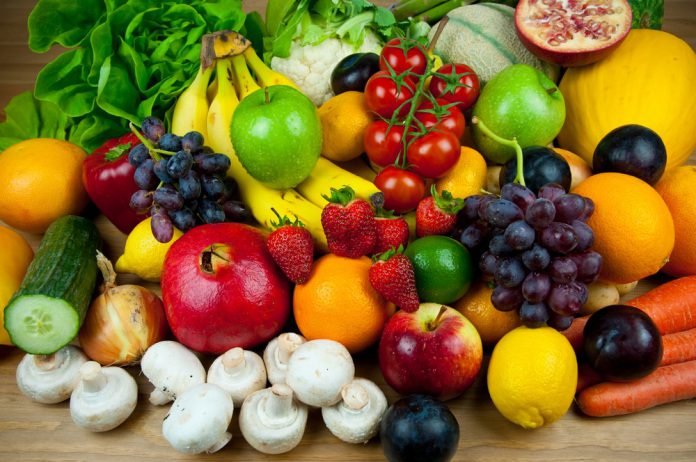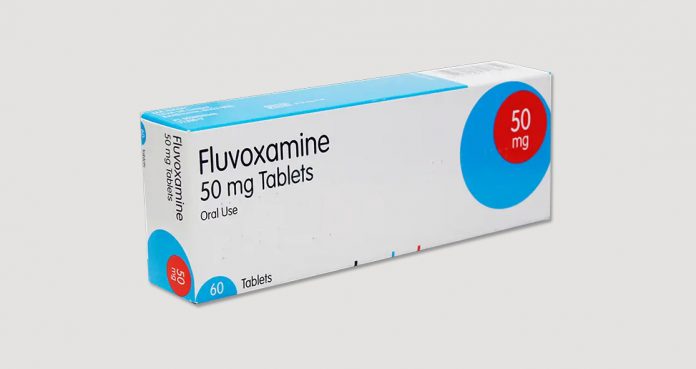As the number of coronavirus cases continues to rise in the
United States and internationally, it is high time to find ways to boost our
immunity though through a healthy lifestyle, mainly by eating foods rich in
antioxidants.
Nutritionists and fitness experts have come up with top
foods that can boost your immune system, thereby reducing the risk and severity
of illness.
Naturopath Elizabeth MacGregor from the Endeavour College of
Natural Health told FEMAIL, “Immunity is a broad term to describe a complex
system of bodily functions. There are two key types of defense – barrier and
innate.”
She explained that barrier defense is the skin and the mucus
membranes of the bodily systems, acting as a physical barrier to foreign
substances that can cause illness. On the other hand, innate immunity is the
non-specific cells of the body, which respond to the presents of foreign
substances or noxious agents.
MacGregor said, “They will engulf, and destroy these. These
are present in close proximity to the barrier defense. The body will also
respond by producing inflammation and other chemical messenger agents to
increase circulation to a site, carrying with it white blood cells triggering
other immune system responses.”
She said nutrition is one of the best ways to boost your immunity naturally, so make sure you eat a well-balanced diet. She said, “Adopt rainbow eating practices (ensure you are eating fruit and vegetables in every color) and each day focus on a range of plant foods, which are excellent sources of carotenoids that help support a healthy immune system.”
The naturopath said it is important to make sure you give
your body all of the nutrients it requires.
You can add orange to salads, make fresh mango smoothies,
and eat carrots and pumpkins, along with a good source of plant-based protein.
She said you can even add herbs and spices to add flavors because they are
antimicrobial.
MacGregor said, “Slow-cooked meals that include an adequate
serve of protein, your favorite vegetables, culinary herbs, and spices are easy
to digest and deliver some of the required nutrients for healthy immune
support.”
“The addition of herbal teas can also support with
antimicrobial action, and depending on the herb may have other properties such
as aiding sleep, boosting energy and also building immunity,” she added.
Registered dieticians advise people to eat anti-inflammatory
foods.
Wholefoods Chef and Holistic Nutritionist Lee Holmes said anti-inflammatory foods are essential in “healing the gut” and “improving overall immunity.”
“Omega-3 fatty acids are essential for our body to avoid foggy brains, helping to produce energy and strengthen our immunity. Flaxseeds are full of Omega-3 fatty acids and high in fiber to promote regular bowel movements,” Holmes said.
She continued, “It’s no secret that oily fish like salmon,
sardines and tuna are overflowing with omega-3 fatty acids but, our fishy
friends can also raise dopamine and serotonin levels in the brain.”
“Turmeric contains curcumin, a compound that increases the level of immunity-boosting proteins in our bodies,” Holmes added. “These proteins help fight bacteria and viruses when they try to attack. Turmeric is also a natural anti-inflammatory and painkiller.”
Holmes also advised to include foods rich in dietary fiber
because it creates a healthy community of intestinal bacteria and eases
digestion.
She said, “Soluble fiber dissolves in water, and is slower to digest as it attracts water to form a gel. Types include oatmeal, psyllium husks, acacia fibers, berries, lentils (soaked for easier digestion), fruit and vegetables.”
“Insoluble fiber doesn’t dissolve in water,” she added. “It
passes through the digestive system relatively intact and speeds up the passage
of food waste through your gut. Sources include grains, nuts, seeds, beans,
fruit and vegetables”
Foods loaded with fiber include green leafy vegetables, sweet potatoes, carrots and other root vegetables, berries, nuts and seeds.
The chef also recommended including prebiotics and
probiotics through food.
“While probiotics are live organisms, prebiotics are the
components of our food that are otherwise not easily digested, but are
thoroughly enjoyed by our beneficial bacteria,” Holmes said.
“Good vegetable sources of prebiotics include fresh dandelion greens, Jerusalem artichokes, onions, leeks, chives, garlic, endive, asparagus, radicchio, chicory, shallots, spring onions (scallions), beetroot (beet), fennel bulbs, green peas, snow peas (mange tout) and savoy cabbage.”
“Prebiotic fruits include avocados, custard apples, nectarines, white peaches, persimmons, bananas, apples, pomegranates and figs,” Holmes added. “I encourage you to incorporate some of these delicious prebiotic foods into your diet, it’s your body’s best defense to keep you ahead of common bugs and boost your immunity.”
































